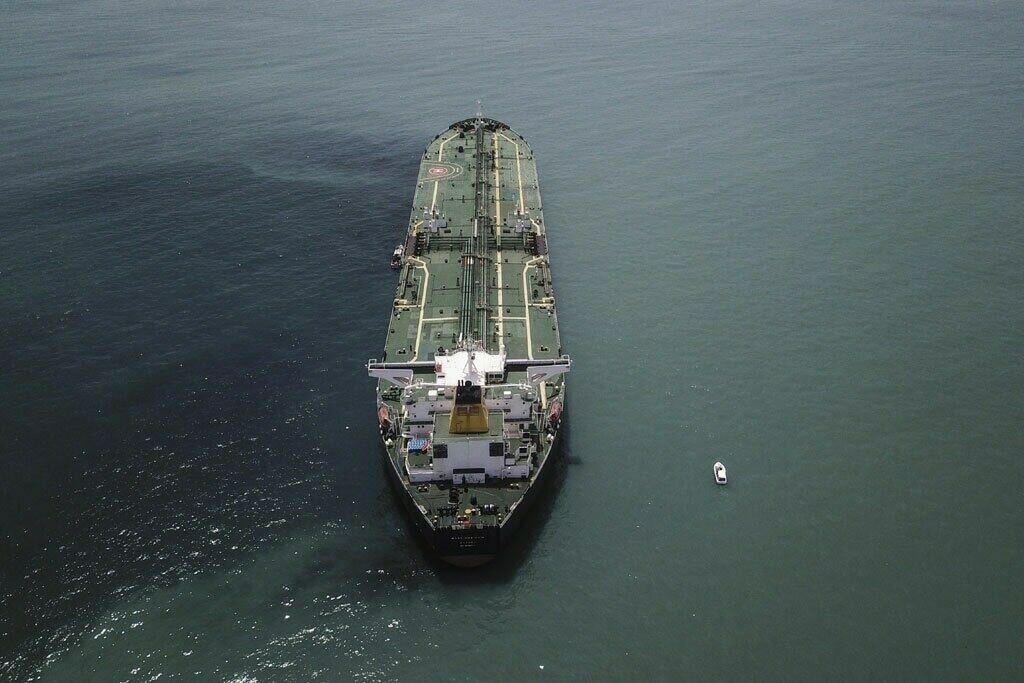Iran is not just a big supplier of oil and gas in the world; rather, due to its dominance on the Strait of Hormuz, where a large portion of global oil passes, it is instrumental in global energy security. Below, while reviewing the impacts of the ongoing crisis on energy prices and security, various aspects of this issue are analyzed. Citing historical evidence, we will assess the role of Iran and international actors, particularly the United States.
Background
Military and security crises in sensitive regions of the world, especially the Middle East, have always had a profound impact on energy markets. The Middle East plays a key role in the world’s energy supply due to its massive oil and gas resources as well as strategic passages such as the Strait of Hormuz. Iran, as an OPEC founding member and a country with a unique geopolitical standing, affects the energy market from two perspectives: energy production and supply, and control of one of the most important routes for its transmission. In the meantime, the Zionist regime’s invasion of Iran, as a regional crisis with the potential to spread to the international level, could have severely affected these two dimensions.
Impact on Energy Prices
Growing energy prices in world markets are a direct result of military crises in energy-producing regions. Military conflicts and insecurity usually lead to supply cuts or concerns about supply cuts, which in turn drive up prices. In the case of Iran, given its role as a major oil producer, any disruption to Iranian production or exports could cause significant shocks to global markets. Meanwhile, the Zionist regime-imposed war against Iran could lead to an escalation of tensions and even the spread of the conflict to other countries in the region. As was predicted from the beginning, if this crisis leads to direct intervention by the US or a wider regional conflict, there is a possibility of a sharp increase in oil prices. For example, in the past, crises such as the Persian Gulf War in 1991 or the Iranian oil sanctions in effect through 2012-2015 caused significant fluctuations in oil prices. Historically, Brent crude oil prices have increased by up to 30% during similar periods of crisis. In the current situation, given the dependence of Europe and Asia on Middle East oil, any escalation of the conflict could push oil prices above $100 per barrel.
Energy Security
The Strait of Hormuz is one of the most important energy transport chokepoints in the world, with about 20% of the world’s oil consumption (about 20 million barrels) and 25% of liquefied natural gas (LNG) passing through it daily. Iran can influence this passage due to its geographical location. However, history has shown that Iran has not used this advantage to disrupt global energy security, even in critical situations such as the imposed war (1980-1988). This behavior demonstrates Iran’s commitment to maintaining a secure flow of energy to global markets. However, during the Tel Aviv-imposed war against Iran, there were threats and speculations about the possibility of blocking the Strait of Hormuz. This speculation was mainly raised by the Western media in response to the possibility of US intervention in the conflict. However, historical evidence and official statements by Iranian officials showed that Iran did not want to disrupt the Strait of Hormuz. In such a scenario, any disruption to energy exports from the Persian Gulf could have been the result of actions by the US or its allies, not Iran. For instance, tightening sanctions or military attacks on Iranian energy infrastructure could have reduced supply and increased insecurity in the region.
The US Role
As a major player on the international stage, the US plays an important role in shaping energy developments. Its policies, including sanctions or military interventions, may have direct effects on energy security. It was therefore estimated that in the event of direct American intervention in the Zionist regime-imposed war against Iran, the possibility of disruption in energy exports from the Persian Gulf would increase. This would not only lead to an increase in prices but also could fuel further instability in global markets. This was while, on the other hand, Iran had repeatedly emphasized its commitment to maintaining energy security and attributed any possible disruption to provocative actions by the other party.
Conclusion
The Zionist regime’s invasion of Iran, due to the country’s strategic location and its role in the energy market, had significant consequences for global energy prices and security. An increase in oil prices as a result of regional insecurity and concerns about supply cuts was the most likely outcome of this crisis. However, Iran, as a country that has historically supported and contributed to energy security, never actively attempted to block the Strait of Hormuz. Interestingly, Iran’s calculated response and management of tensions with the US once again demonstrated Iran’s maturity and situational awareness to the world.
However, it is noteworthy that despite Iran’s avoidance of blocking the Strait of Hormuz, the dependence of the global economy on Middle Eastern energy means that any escalation of the crisis in the future will lead to global inflation and pressure on oil-dependent economies. Therefore, given the key role of the Strait of Hormuz, the US and the Zionist regime should avoid escalating tensions in this region in the future because they will be responsible for the dangerous consequences of blocking the Strait of Hormuz and increasing oil prices. In the meantime, other countries in the region may also prove instrumental in containing and controlling the hostile policies of Washington and Tel Aviv.


Your Comment